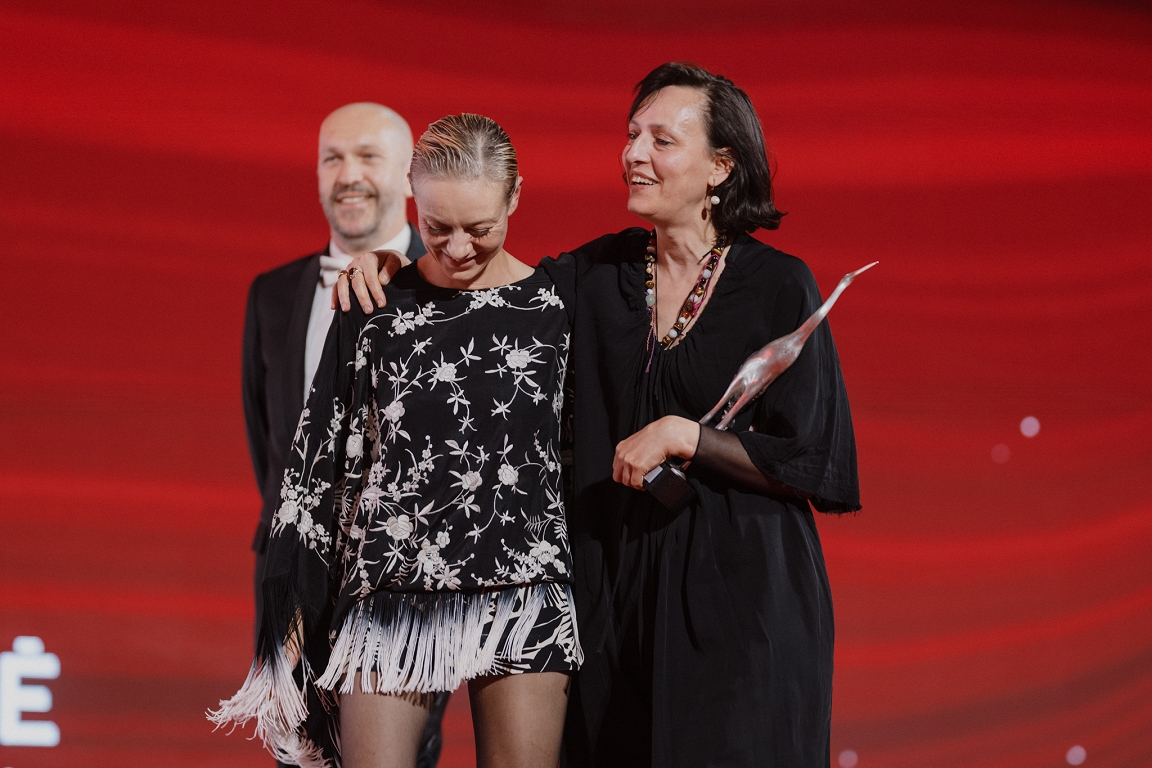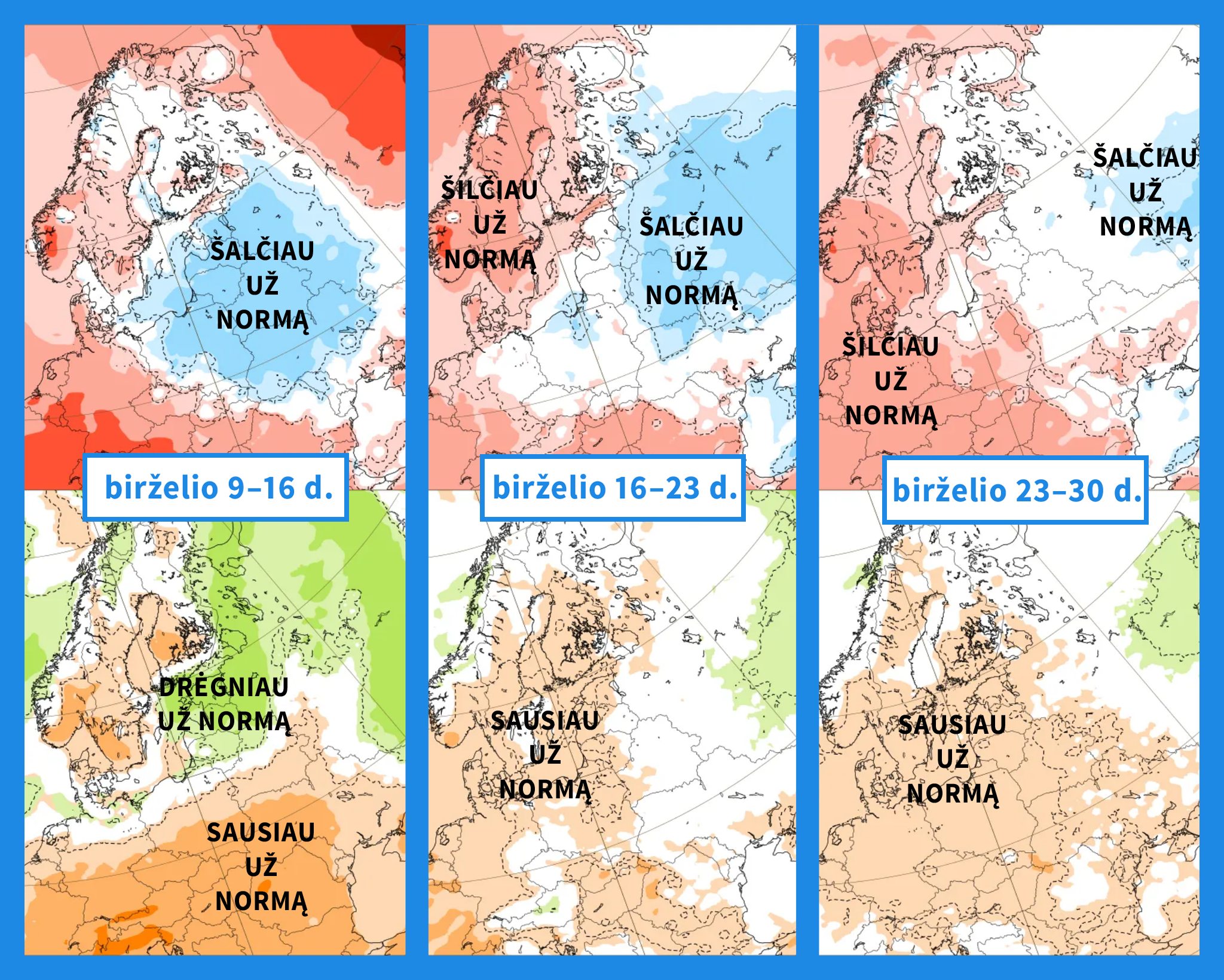« Decolonization remains a permanent fight » – Liberation

It’s with the title Guinea Cabral, A real declaration of intention, which the singer and journalist Karyna Gomes chose to enter this April 9 on the Atlantic Music Expo scene (AME), the transatlantic exchange platform (mixing concerts, conferences, professional market, etc.) in Praia, the capital of Cape Verde. The straight look and the sharp verb, the singer thus intends to celebrate the fifty years of the independence of this small country as described by Cesária Evora, long an archipelago dedicated to the selective sorting of the deported populations and which was one of the ultimate theaters of the colonial liberation wars.
Guinea Cabralthe song was in the repertoire of Super Mama Djombo, the flagship group of the 1970s praising the man who allowed this movement of independence. Amílcar Cabral, the founding pillar of the African Party for the independence of Guinea and Cape Verde (PAIGC), which was assassinated in early 1973 without having seen these two countries released. “It was thanks to the struggle launched by Cabral that the other countries colonized by Lisbon and Portugal itself were able to obtain freedom. His action and his aura go beyond the political party he founded, even if I adhere to the values of this national liberation movement ”, Insists Karyna Gomes, while noting the little case made in memory of Cabral, who would have been 100 years old in 2024.
She became a cabralist in 2005, when she was commissioned by an NGO to train journalists in the community radios of Guinea-Bissau. Born in Bissau of a Guinean father and a Cap-Verdean mother, raised to the sounds of gospel, a music she has been practicing in semi-pro since 1997 in São Paulo, a follower of the classics of the American soul, Karyna Gomes then changes register. « »I wanted to get involved in an art that militates, in order to carry the values of social transformation. ” What could be more natural for the one who has « Growing up with this sound » : Cabral is none other than the uncle and godfather of his mother, and two of his uncles played in the Tabanka Djaz. She will then join the legendary Super Mama Djombo whose, twenty years later, she resumed on stage the unstoppable Disan na mberaa hymn that made the entire sub-region dance at the edge of the 1980s. This is still the case in 2025 on the main square of the old city center of Praia, before putting an end to a new dedicated to Titina, taken up in choir by the public.
Signed José Carlos Schwarz, this song invokes the iconic guerrilla head of Titina Silá, murdered on January 30, 1973 when she went to Cabral’s funeral. « »It remains a symbol of women’s freedom and emancipation. The words say that slavery will only be completed if the whole population is free. It is a struggle beyond genres. Cabral spoke a lot about the place of women, he also demanded that in each committee there is parity. He was a visionary personality in this area too. ” This song appears in the repertoire of Kantigas di Liberdadithe disc that Karyna Gomes must record in July and of which she gives here a reading in preview. In the right of these previous two, Mindjer (« Woman » in Guinean) and N’NA (« Mom » in several Afro languages), she sends messages from empowerment to women, through personal compositions and rearranged covers with fingering.
Like the Pan-African Cabral co-founded the Center for African Studies in the Portuguese capital, Karyna Gomes has created an information site on the African presence in Lisbon. « »Music is a means of transmission of memory, to fight against the new fascism that creeps in Africa. Young people are ready to receive their messages. Just take them back by adding electronic elements, without losing the musical root. I believe in this notion which says that the future is ancestral.The reference to the Brazilian writer and indigenous representative Ailton Krenak makes sense.
It is in this double movement that the poet Mario Lucio is written. The one who was Minister of Culture of Cape Verde under Pavilion Paigc-on his credit, the implementation of the AME in 2013-has just published an album entitled Independencein order to give its version of history to compare with its vision of the identity of this Creole people. « »It was above all the music that invented us more than we invented music. From the moment we had a language, Creole, and music, we could become a people. ” And for that it was necessary to overcome the censorship which struck under the Salazar regime, in particular access to African culture. At the time of independence, aged about ten years, Mario Lucio still lived in Tarrafal, at the other end of the island of Santiago, then known for his terrible detention center in which Embastilé Vieira Dias, the leader of the Angolan group Ngola Ritmos was. And then everything was freed.
« »From 1975, music from Angola, Guinea, Congo, Nigeria, unknown arrived at Cape Verde. It was the revolution for us, a peaceful revolution. ” What he recalls half a century later, surrounding himself with a young Pan-African guard, including guitarist Jery Bidan. « »CAP-Vert has become really African, when black representations were possible: on banknotes, in the photos, on the posters. Until then we were invisible, we didn’t know anything about the continent. ” This is what his disc invokes, summoning Rumba, Soukous and other Afrobeat, as in the good old days of his adolescence. « »The first song I played on guitar is Aki Specialof Prince Nico Mbarga… From 1980, the styles of the continent began to interfere in music of Cap-Verdean essence, including Batuke and Funana, prohibited under the colonial regime because too linked to dance, and therefore synonyms of gathering which could jeopardize power.»»
It is from the diaspora, less subject to the Portuguese grip, that the messages will be brought to the country, like the Kaoguiamo combo, where the brilliant Abel Lima writes a sublime ballad: Amilcar Cabral. « »The latter quickly understood that music was essential, he wrote songs like Mamãe Velha. He sends one of his guys, Djunga from Biluca, to Rotterdam with the mission of creating a medium for intervention music, like Nhô Balta « , recalls José Da Silva, the man who was associated with the success of Cesária Evora. It will be Morabeza, the first Cap-Verdien label based in the Netherlands, a lighthouse for all. In the early 1970s, Voz de Cabo Verde showed the way to follow, and then the Tubarões and Bulimundo bones will throw the whole archipelago in trance after independence.
Gugas Veiga, the current Minister of Culture, has long been the manager of Tubarões but also of Ferro Gaita. Even if he comes from the Party opposite the Paigc, he readily recognizes the importance of intervention music during independence. “Because of illiteracy, music has always brought social demands, as it was a source of education. It is a mobilization factor. « He campaigned for his ministry to benefit from 1 % of GDP, as the impact of music weighs on national income. For better proof, « The success of the soul (of which he was managing director, editor’s note) proves that CAP-green occupies a central place ”. This axial position in the world of music, the archipelago owes it of course to Cesária Evora, an improbable success story started in 1992 thanks to Sodadea song recorded twenty years earlier by Bonga: while he is wanted by the Portugal political police, the Angolan athlete is spotted by young Paigc affiliates who study in Louvain-la-Neuve in Belgium.
In the early 1990s, Teófilo Chantre was one of the awarded authors of the diva with barefoot. For him, « Music has always been an instrument of resistance and resilience in particular by the fact that the sung language was Creole Cap-Verdien ». The fact remains that it brings this movement of emancipation to the 1930s, with the review Claridade. “The goal was to claim the Cap-Verdeanity by freeing oneself from the Portuguese model. The writings of these authors including Baltasar Lopes Da Silva, Manuel Lopes or Jorge Barbosa launched the basics of the emancipation which led to independence. As for singer Carmen Souza, installed in London, she explores in soul jazz mode in Port The link between Cape Verde and the United Kingdom, believing that decolonization is still a central subject fifty years after independence. « »It is a permanent fight, against the persistence of structures, mentalities and colonial inequalities. Even after independence, the former colonies are faced with internalized colonial perspectives, such as the devaluation of African and Creole identities, and the devaluation of local traditions by Western cultural and economic models. As economic dependence on the colonizers continues, decolonization is a continuous process that will take years to overcome. ”
This structural racism, Dino of Santiago lived it in its flesh. « »For a young black man, life in Europe is not always easy, you are suspected of being a thief. Cabral’s personality allowed me to regain prideSummates the new Portuguese star who was born in Algarve in an exiled family of Cape Verde. And hum: « Amílcar Cabral, you died too young.« » « Without a doubt everything would have changed if he had been alive. Even murdered, he remains a lighthouse for the conscience of young Africans. It’s time to put your face back to the center of the world. ”







